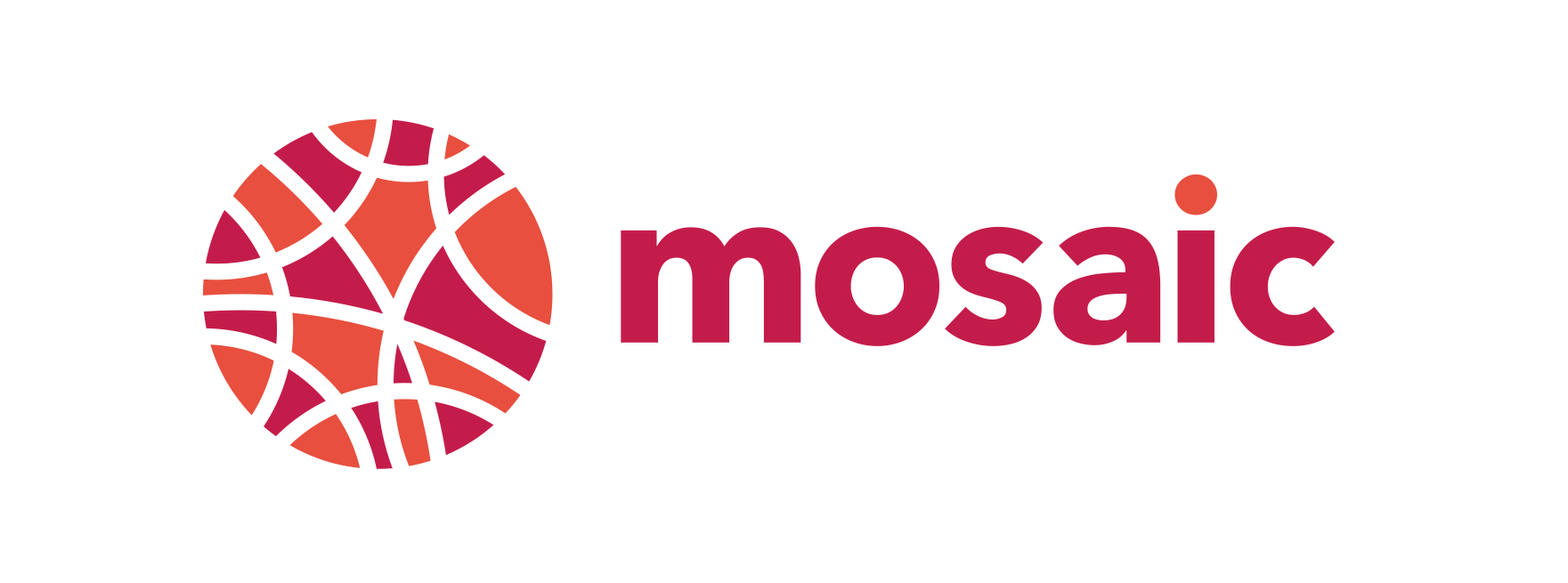How to fairly reward citizens in co-creation where the final aim is to reach the market with new products, services and processes for profit?
MOSAIC launched this question on the last 9 November, engaging stakeholders – researchers and public officers mainly - as designers, promoters and facilitators of co-creation initiatives.
The starting point is that citizens’ views, experiences, ideas and shared data are central to identifying problems and solutions, as well as monitoring the effects and impacts of co-creation. Therefore they should be properly and fairly acknowledged and rewarded. As a matter of fact, a negative experience can undermine the efficacy of this kind of participative processes and cause distrust in their organizers.
To avoid it and be fair in co-creation experiences, the workshop created its basis for discussion reflecting on the meaning of participation in co-creation experiences for citizens. Key-words emerged are: “understanding” (data, services, tools as basis of the co-creation process), “sharing” (needs, data, examples of real, local life), “interacting” (with people they can ask and reply to), “amplifying” (the voices of other citizens, neighborhoods, social groups they take the responsibility to represent).
A second round of discussion was launched through the question: “How can citizens’ efforts and contributions be fairly awarded?”
Two main types of rewards emerged: material on one side, immaterial on the other.
- Immaterial rewards are the possibility to be part of a common project that will contribute to solving societal problems, to experiment with new ways to be together, to exercise the right of decision (for example contributing to the local public budget planning).
- Material rewards, as it happens in co-design and deliberative processes, include sustainable food and babysitting during the meetings, as well as vouchers, free entrances to public services, museums and cultural events.
However, material rewards are difficult to manage from the public administrations initiating co-creation processes because of the need to open public calls and procurement procedures.
Even more complicated is the case of a commercial product stemming from a co-creation activity, unusual situation for public institutions as the MOSAIC pilot cities, topic that requires more investigation.
A decisive word is transparency: before participating, citizens must be informed about how their contribution will be used and, at the end of the process, the knowledge generated must always be returned.
